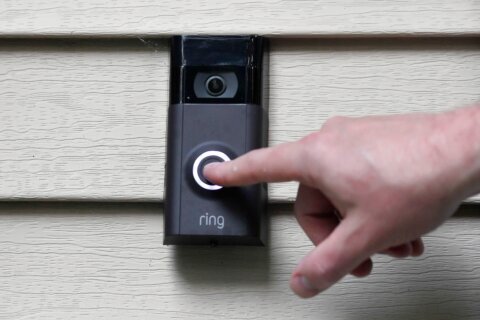The Food and Drug Administration approved sales of over-the-counter hearing aids almost one year ago, on Oct. 17, but despite the hyped expectations, they aren’t flying off the shelves.
Polling commissioned by Rockville, Maryland-based the American Speech-Language-Hearing Association finds that only 2% of American adults ages 40 and older who have hearing difficulties have purchased OTC hearing aids, and only 4% reported that they are likely to within the next year.
One of the reasons may be cost. Many over-the-counter hearing aids are as effective as those prescribed by audiologists, but they are not inexpensive.
“Our survey respondents indicated they were willing to pay around $200, which is a far cry from the prices that we’re actually seeing in the marketplace. Many OTC hearing aids are retailing for between $800 and $2,000,” said Lindsay Creed, a doctor of audiology and associate director of audiology practices with the American Speech-Language-Hearing Association.
In its recent survey, 56% of adults 40 years and older acknowledged lacking excellent hearing, but only 8% said they had been treated.
“The most commonly cited reasons were not thinking that hearing loss was bad enough, and not feeling as though it was a priority to treat their hearing loss. There is also stigma, and accessibility,” Creed said.
While the association supports wider adoption of over-the-counter hearing aids, it also has concerns about their marketing.
Advertisements about OTCs fail to prominently mention whom they are exclusively for, and falsely equate drugstore off-the-rack reading glasses with the devices, it said. Its survey found nearly half of respondents with hearing difficulties equated reading glasses with OTCs, and more than half of that group didn’t realize that hearing can be damaged if an OTC is over-amplified.
OTC hearing aids require fine-tuning, like prescription devices. They come with tutorials, and virtual sessions with audiologists. The FDA established strict guidelines for what are approved over-the-counter hearing aids, and consumers should verify a product’s compliance before buying.
The association also stresses that OTC hearing aids are for adults only, despite just 16% of those surveyed not knowing they are not for both children and adults.
FDA approval of over-the-counter hearing aids are intended for people with mild to moderate hearing loss, not more severe hearing disability.
Adult onset hearing disorders are not uncommon, and symptoms occur gradually. One overlooked early sign may be simply finding yourself saying “what?” more frequently.
“They may attribute it to the person they are talking to mumbling,” Creed said. “Or they may think that their phone is not of good quality, or their TV is not of good quality. Their first instinct is not going to be that they are having a hearing problem.”
Early symptoms may occur in noisy settings with distracting background sounds, and progress to settings where background noise is not present.
The longer someone waits to act when they start with hearing issues, the greater and more costly problems associated with hearing loss can become. The American Speech-Language-Hearing Association advises a comprehensive hearing evaluation from certified audiologists before doing anything, whether buying an OTC hearing aid or taking other steps. Insurance generally covers hearing evaluations.
Loss of hearing has broader implications on overall health. A report this year in The Lancet, suggested the use of hearing aids can significantly reduce cognitive decline. Untreated, hearing loss is also associated with risk of falls, depression and a variety of other medical and social repercussions.
The association’s over-the-counter hearing aid survey results, and methodology, are published online.








